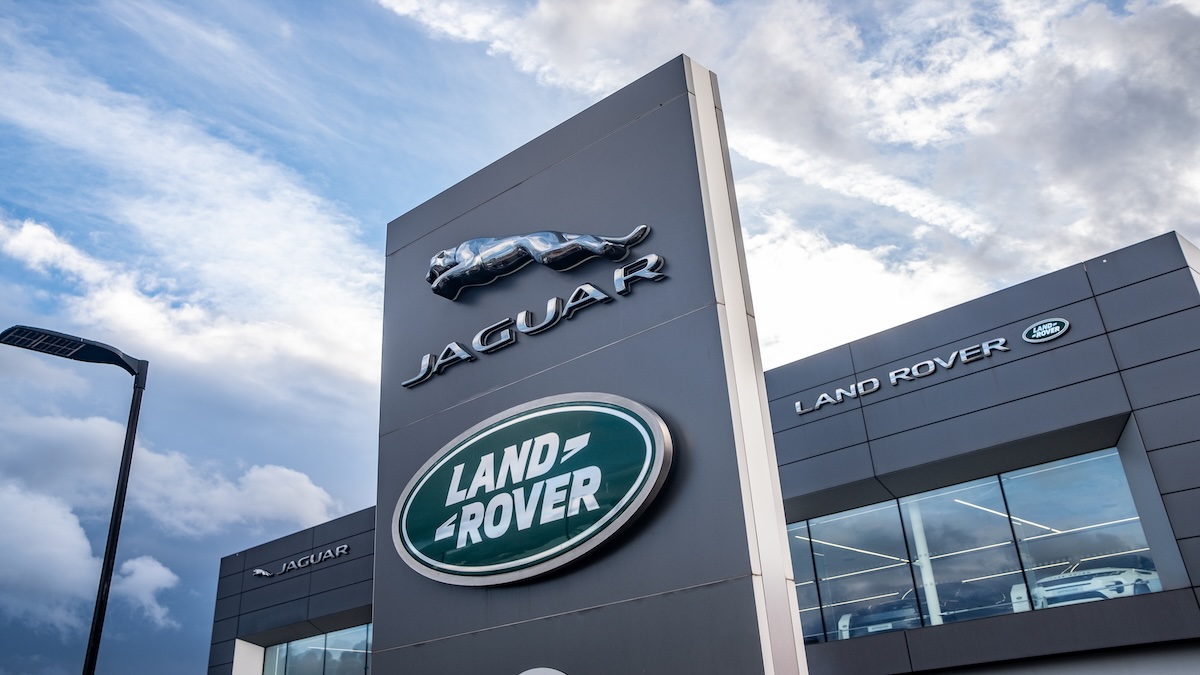When the Code Fails Before the Engine
In August, Jaguar Land Rover faced a crisis that no mechanic could fix. A major cyberattack crippled its digital systems, forcing factories to shut down across the United Kingdom, Slovakia, Brazil, and India. What was meant to be an era of smarter and faster production turned into weeks of silence on the shop floor.

For nearly a month, not a single vehicle rolled out. Each week of downtime cost the company about fifty million pounds. Employees were left waiting, suppliers were stuck, and the company’s most advanced systems became its biggest weakness.
How a Digital Breakdown Spread Across the Industry
The trouble began two years ago when Jaguar Land Rover signed a massive contract with Tata Consultancy Services to rebuild its technology systems. The goal was to modernize production with advanced software that connected every part of the company, from suppliers to factories. But this interconnection made the system fragile.
When hackers entered the network, everything stopped. From supplier payments to production orders, nothing worked. Employees could not even communicate properly as the company’s main digital tools went offline. What was meant to make Jaguar Land Rover more efficient ended up leaving it completely exposed.
The damage spread quickly across the industry. Many suppliers who depended on Jaguar Land Rover reported heavy losses. Some could not pay their workers. Banks refused to give loans without personal guarantees, and smaller firms started collapsing under pressure.

Why Jaguar Land Rover Matters to the UK Economy
Jaguar Land Rover is not just a luxury car brand. It is one of the biggest pillars of the British economy. The company contributes nearly eighteen billion pounds to the economy and supports around two lakh jobs directly and indirectly. In regions like the West Midlands, where its factories are based, Jaguar Land Rover accounts for almost five percent of the local economy.
When its systems went down, the impact was instant. The government had to step in with a one and a half billion pound loan guarantee to prevent a full collapse of the supply chain. This came at a time when UK manufacturing was already weak, with rising energy costs and slower growth adding to the pressure.
Lessons for the Future of Manufacturing
The incident is a warning for all modern manufacturers. In today’s world, a company’s biggest risk is not just broken machines but broken code. The most advanced factories can come to a halt if their cybersecurity fails.
Reports also revealed that Jaguar Land Rover did not have active cyber insurance at the time of the attack. The company had been in the process of finalizing a policy but had not completed it before the breach, forcing it to absorb the full financial loss.

Building Digital Strength Alongside Industrial Strength
Recovering from this will take more than new equipment. It needs a change in mindset. Cybersecurity must be treated as seriously as vehicle safety. Companies must test their systems regularly, monitor networks for suspicious activity, and prepare emergency plans in case everything goes offline.
Employee awareness also plays a major role. Cyberattack drills, secure password practices, and quick reporting of suspicious activity can prevent major disasters. Factories must also create backup systems that allow partial operation even if one part of the network fails.
In the future, every successful car that leaves a Jaguar Land Rover factory will not just represent engineering excellence but also digital resilience. Because in modern manufacturing, the strength of steel and the security of data go hand in hand.
Follow YouFinance on Instagram and Facebook for more stories on global business, finance, and technology that shape the modern economy.
















